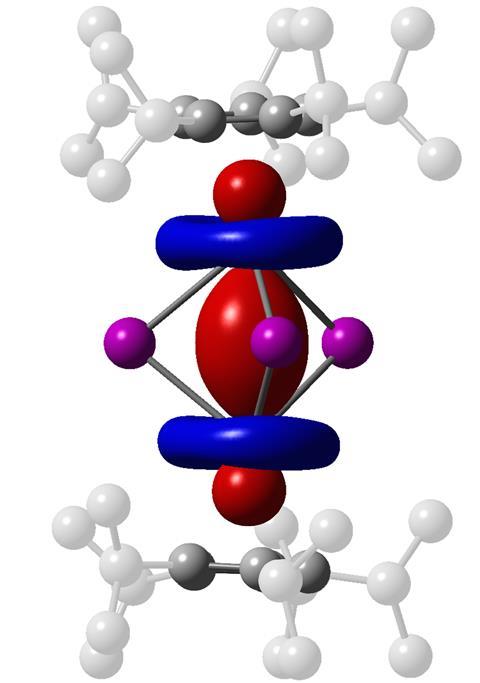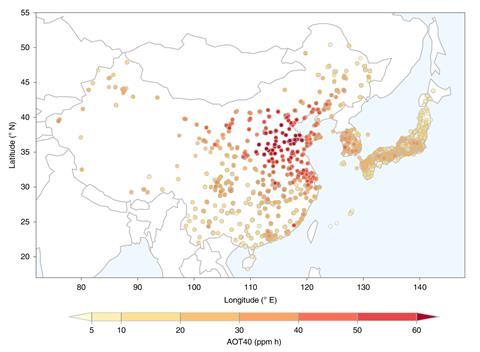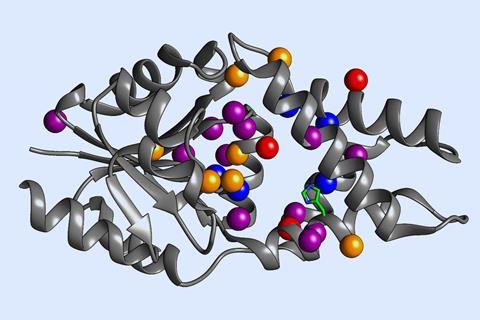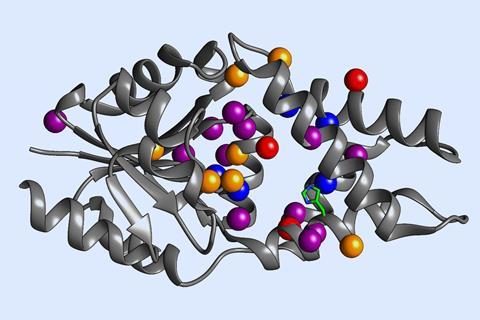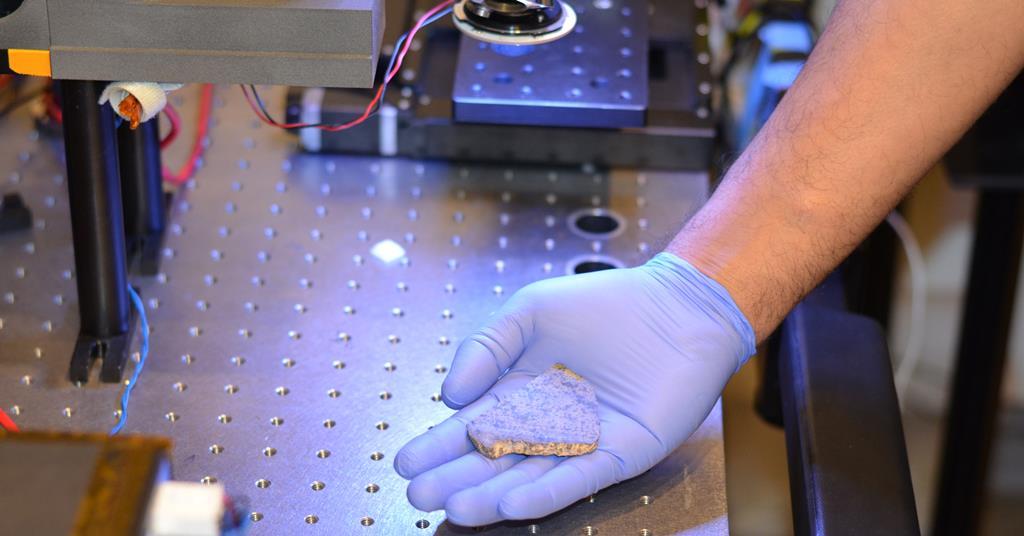Newly discovered dilanthanide complexes are the strongest single-molecule magnets ever made. It’s the first time that chemists have isolated complexes featuring lanthanide–lanthanide bonds, and could offer a way to make powerful new permanent magnets. Large overlapping valence orbitals are usually a requirement for metal–metal bonding – as such, the lanthanide elements’ relatively small atomic radii […]
Read More